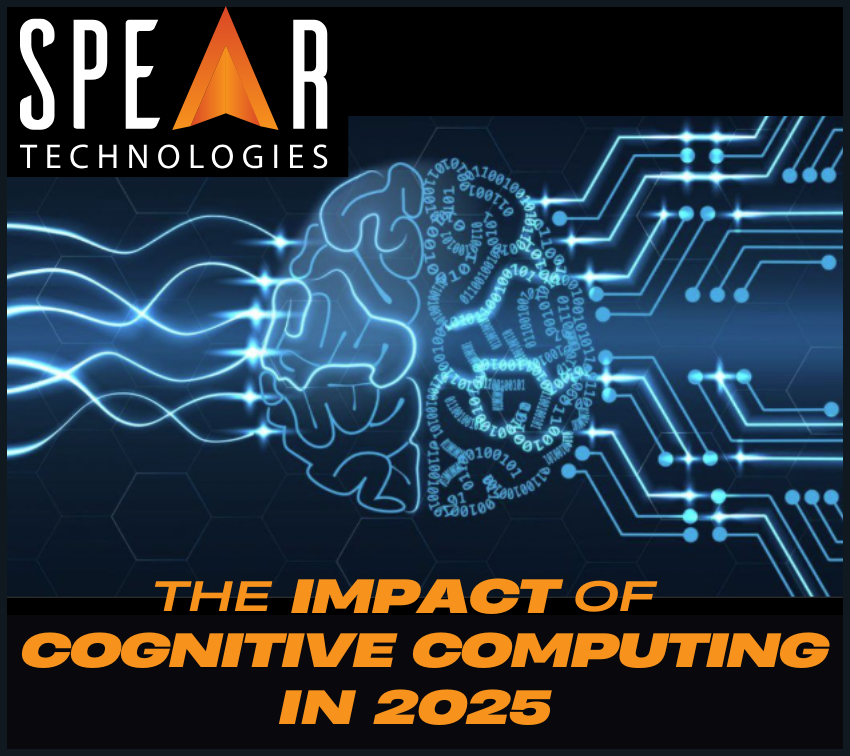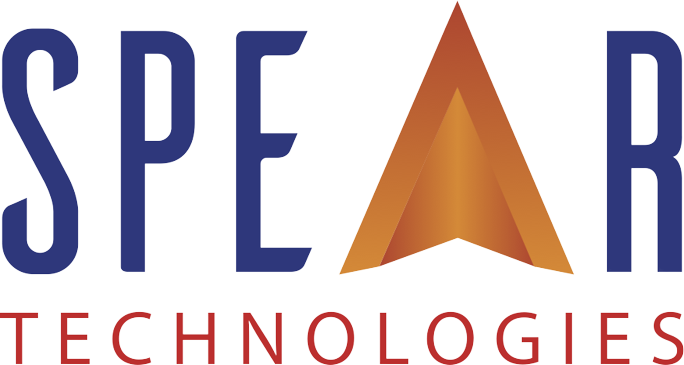The Impact of Cognitive Computing in 2025

Cognitive Computing in Insurance
Forward-thinking organizations are increasingly exploring the adoption of artificial intelligence (AI), with many insurers prioritizing AI initiatives for 2025. Industry analysts report that insurers are actively evaluating various AI models to determine the most suitable solutions for their needs, ensuring they are well-prepared for implementation in the near future.
As part of this vetting process, insurers must consider practical use cases for each AI model. Cognitive computing, which integrates AI, natural language processing (NLP), machine learning, and deep learning, enables insurers to automate decision-making, enhance customer interactions, and improve operational efficiency across multiple functions.
Unlike traditional rule-based systems, cognitive computing mimics human thought processes by understanding, reasoning, and learning from vast datasets. This enables insurers to make more accurate risk assessments, streamline claims processing, and detect fraudulent activity in real-time.
When implemented effectively, cognitive computing enhances underwriting, claims management, customer service, and compliance monitoring, helping insurers reduce costs, improve accuracy, and deliver superior service to policyholders.
Key Applications of Cognitive Computing in Insurance
- Automated Claims Processing: Accelerates claim settlements with AI-driven insights.
- Fraud Detection and Prevention: Identifies anomalies and patterns indicative of fraud.
- Advanced Underwriting and Risk Assessment: Enhances precision in policy pricing.
- AI-Powered Customer Support: Improves engagement with virtual assistants.
- Regulatory Compliance Management: Ensures adherence to industry regulations.
- Process Automation and Cost Optimization: Reduces operational inefficiencies.
- Personalized Policy Recommendations: Adjusts coverage based on real-time data.
How Cognitive Computing is Transforming Insurance
1. Automating Claims Processing for Faster Settlements
Claims processing is one of the most time-intensive functions in insurance, but cognitive computing streamlines this process by:
- Using AI-driven models to analyze claims and policy details instantly.
- Detecting inconsistencies in claim submissions to flag potential fraud.
- Predicting claim outcomes based on historical data and risk profiles.
For example, a cognitive computing system can assess medical claims by analyzing doctor reports and treatment codes, ensuring fair and timely settlements.
2. Enhancing Fraud Detection and Prevention
Insurance fraud costs the industry billions annually, but cognitive computing helps mitigate these losses by:
- Identifying suspicious claims through anomaly detection algorithms.
- Cross-referencing external databases and social media for validation.
- Learning from past fraudulent cases to continuously improve detection methods.
By integrating cognitive computing into fraud detection strategies, insurers can proactively reduce fraudulent claims and financial losses.
3. Improving Underwriting and Risk Assessment
Underwriting relies on accurate risk assessment, and cognitive computing enhances this process by:
- Analyzing vast datasets, including telematics and IoT data, for precise risk evaluations.
- Applying predictive analytics to forecast potential claim risks.
- Dynamically adjusting policy terms based on evolving risk factors.
For instance, auto insurers can use cognitive computing to assess driving behavior data, offering personalized premium rates based on real-time insights.
4. Elevating Customer Experience with AI-Powered Support
Customer expectations are evolving, and insurers can enhance engagement by:
- Deploying AI-powered chatbots that provide real-time assistance.
- Offering voice-activated services for policy inquiries and claim updates.
- Personalizing customer interactions using sentiment analysis.
For example, cognitive computing allows insurers to deliver more human-like, empathetic responses through virtual assistants, reducing wait times and improving satisfaction.
5. Ensuring Compliance with AI-Driven Regulatory Monitoring
Regulatory compliance is a major challenge for insurers, but cognitive computing streamlines compliance by:
- Automating documentation and audit trails for better transparency.
- Identifying potential regulatory risks before violations occur.
- Continuously updating compliance frameworks based on evolving laws.
By embedding cognitive computing into compliance workflows, insurers can maintain transparency and reduce administrative burdens.
6. Reducing Operational Costs and Increasing Efficiency
Cognitive computing helps optimize expenses by:
- Automating repetitive tasks such as data entry and policy validation.
- Enhancing process efficiency with AI-driven workflow automation.
- Reducing manual errors that lead to costly rework.
For example, insurers leveraging AI for claims adjudication can significantly lower processing costs while improving accuracy and turnaround times.
7. Enabling Personalized and Dynamic Policy Adjustments
Cognitive computing supports usage-based and smart policies by:
- Analyzing real-time data from connected devices for dynamic pricing.
- Adjusting premiums based on behavioral and risk insights.
- Offering proactive policy recommendations for better coverage alignment.
For instance, home insurers can analyze smart home device data to assess risk and adjust policy terms accordingly, rewarding proactive safety measures.
8. Predictive Maintenance for Insured Assets
Insurers covering high-value assets like vehicles, homes, and commercial properties can leverage cognitive computing for predictive maintenance by:
- Using IoT sensors to monitor real-time asset conditions.
- Predicting equipment failures or maintenance needs before issues arise.
- Preventing claims by proactively addressing risks such as water leaks, mechanical failures, or structural issues.
For example, commercial property insurers can use AI-powered monitoring systems to detect early signs of HVAC system failures, allowing businesses to take preventive action before costly damages occur.
Real-World Applications in Insurance
Leading insurers are already leveraging cognitive computing to enhance operations:
- AI-Powered Risk Assessment: Improves underwriting accuracy with real-time data analysis.
- Automated Policy Recommendations: Provides tailored coverage options based on customer profiles.
- Intelligent Customer Support: Delivers 24/7 assistance through AI-driven chatbots.
Challenges and Considerations
While cognitive computing offers significant advantages, insurers must address key challenges:
- Integration with Legacy Systems: Ensuring seamless compatibility with existing infrastructure.
- Data Privacy and Security: Protecting sensitive customer information and maintaining compliance.
- Change Management: Training employees to work alongside AI-powered decision systems.
Conclusion
Cognitive computing is revolutionizing the insurance industry by enhancing decision-making, improving efficiency, and reducing costs. By strategically implementing AI-driven solutions, insurers can streamline operations, optimize risk assessment, and enhance customer experiences. As technology continues to evolve, insurers that embrace cognitive computing will gain a competitive edge in an increasingly digital market.
Schedule a Demo to explore how SpearSuite™, our award-winning P&C insurance software suite, integrates expert systems capabilities for smarter underwriting, fraud detection, and claims automation.
To discover how Spear’s solutions can help insurers of all sizes, Request Pricing.
